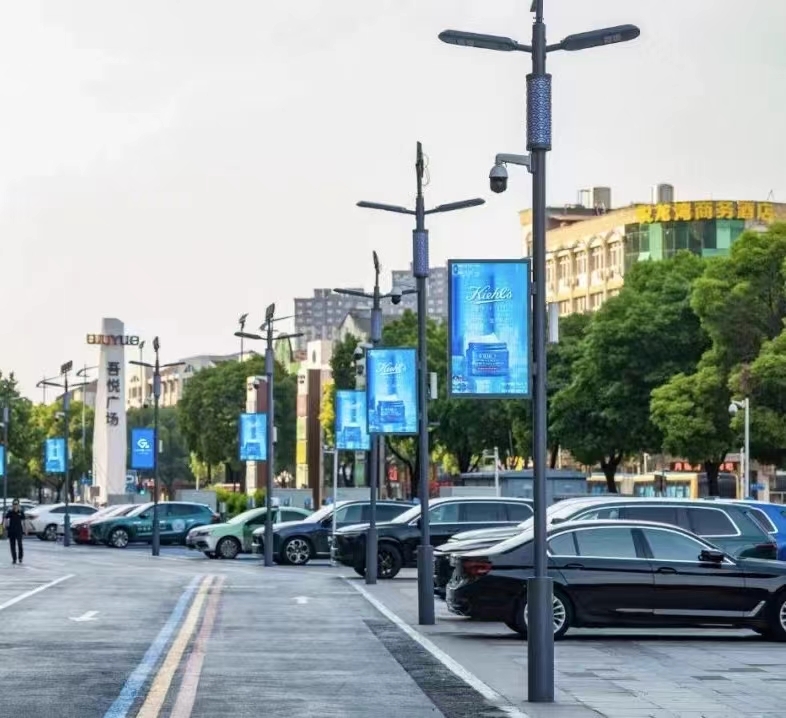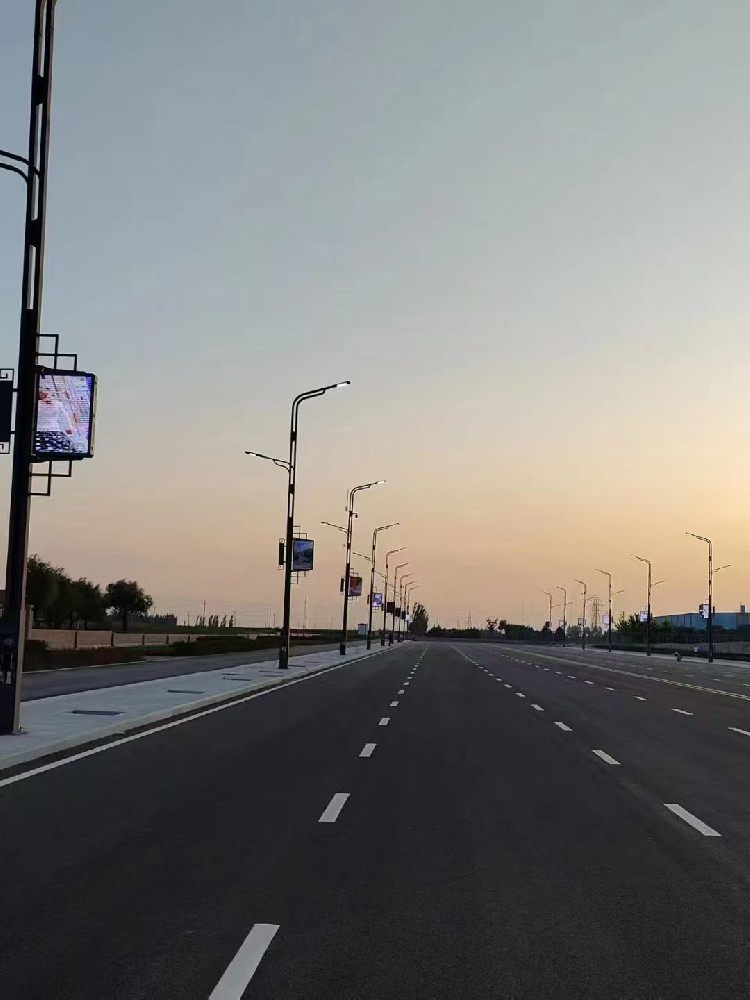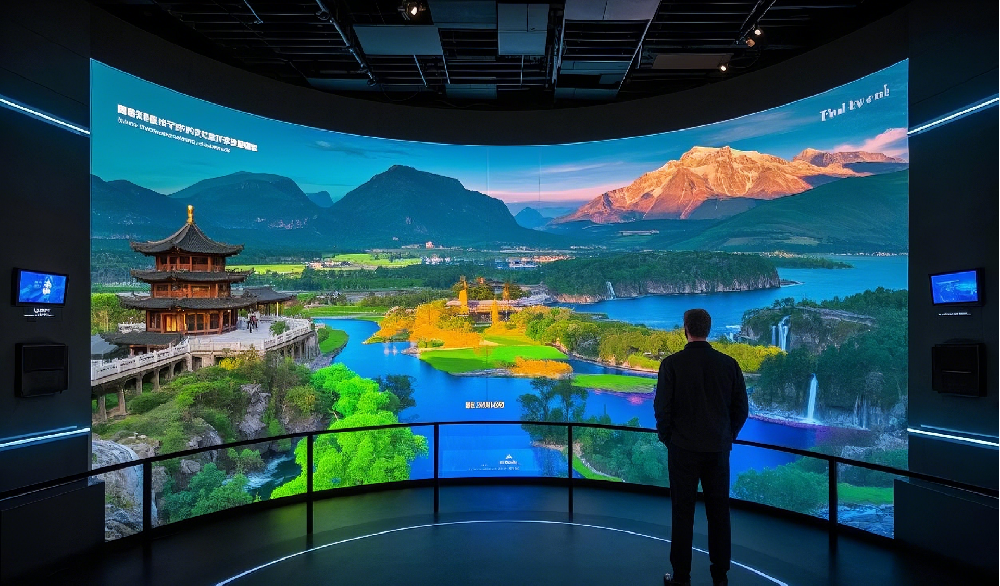Case analysis of smart street lamp construction: creating a new benchmark for urban energy conservat
driven by the dual carbon goals and new urbanization, traditional street lamps are accelerating smart street lights transformation. According to the data of the Ministry of Housing and Urban-Rural Development, the market size of smart street lamps in our country will exceed 20 billion yuan in 2023, and its core value lies not only in lighting upgrades, but also in the use of Internet of Things technology integrate urban service functions such as environmental monitoring, security monitoring, and 5G base stations. This paper takes the urban smart street lamp renovation project as an example to analyze the technical path and implementation effect.

pain points and renovation needs of the old city
city positioning: The core business district
of a second-tier city in East China the original issue:
difficult maintenance: the fault response takes more than 48 hours, Manual inspection costs account for 35%
the goal of the transformation:
build a city-level IoT management platform
four core modules
hardware upgrade
multi-function pole: integrated PM2.5 sensor, WiFi hotspots, traffic cameras<<>
p style="margin-top:0; margin-right:0; margin-bottom:0; margin-left:0; line-height:23px"> edge computing gateway: 50ms local data processing
software platform
AI algorithm prediction: 92% accuracy of lamp life prediction
energy-efficient design
PV complementary power supply: energy storage on sunny days meets 2 hours of lighting at night
data fusion
environmental data sharing: PM2.5 monitoring values are synchronized to the EPA platform
quantify the value of the transformation
economic benefits
55% reduction in maintenance costs and reduced breakdown time to 4 hours
manage performance
device uptime increased from 82% to 99.6% before the transformation
social value
citizen satisfaction increased by 41%, traffic accident rate decreased by 18%
smart street lamp construction 3 keys
top-level design first: It needs to be prepared simultaneously with special plans such as urban planning and communication pipe networks
business model innovation: Advertising screen rental , 5G micro base station charging and other value-added services can account for up to 30% of the total revenue
security protection system: Algorithmic encryption
Conclusion: The evolution from lighting tools to the periphery of the city
this case proves that smart street lights are not only an upgrade of infrastructure, but also an important starting point for urban digital transformation. With the implementation of policies such as the Smart City Infrastructure Standards, more than 200 cities will start large-scale construction in the next three years. Enterprises need to seize the opportunities of technology convergence (such as vehicle-road collaboration and digital twins) to build differentiated smart street lighting solutions.
contact us enter the requirements Our experts will give you professional advice within 1 hour.




